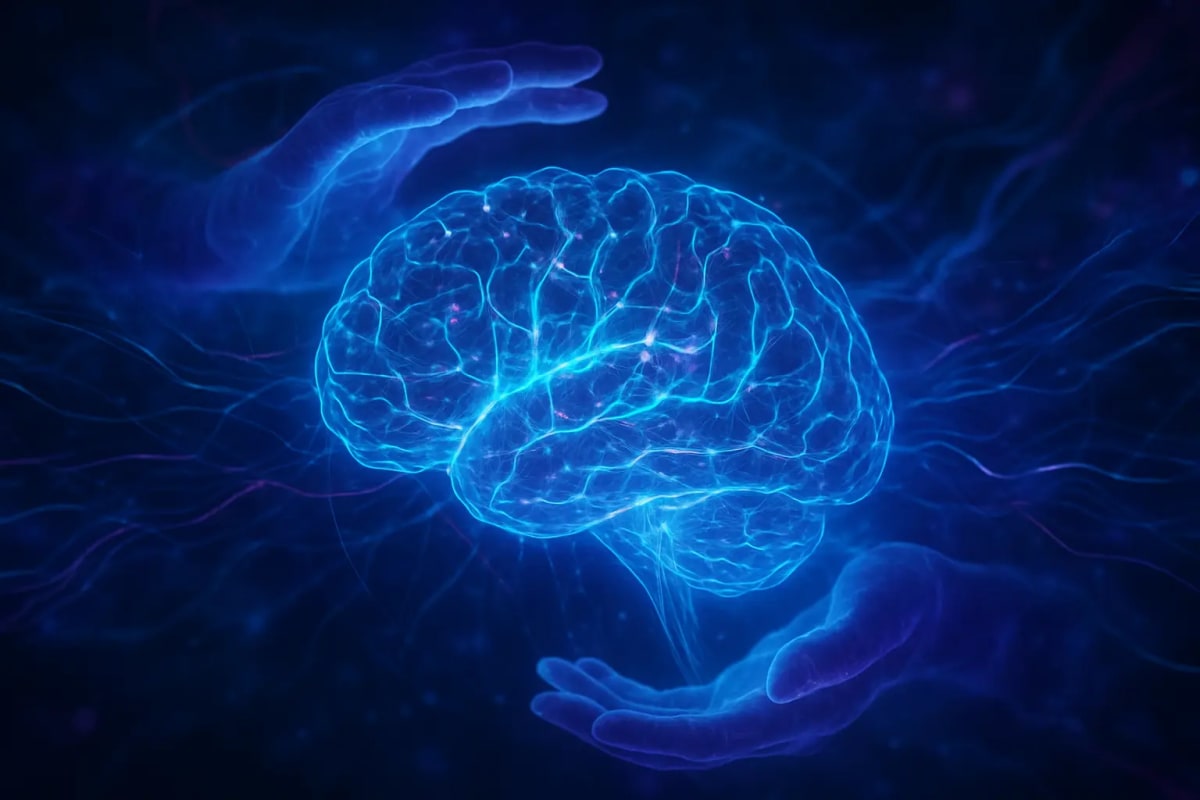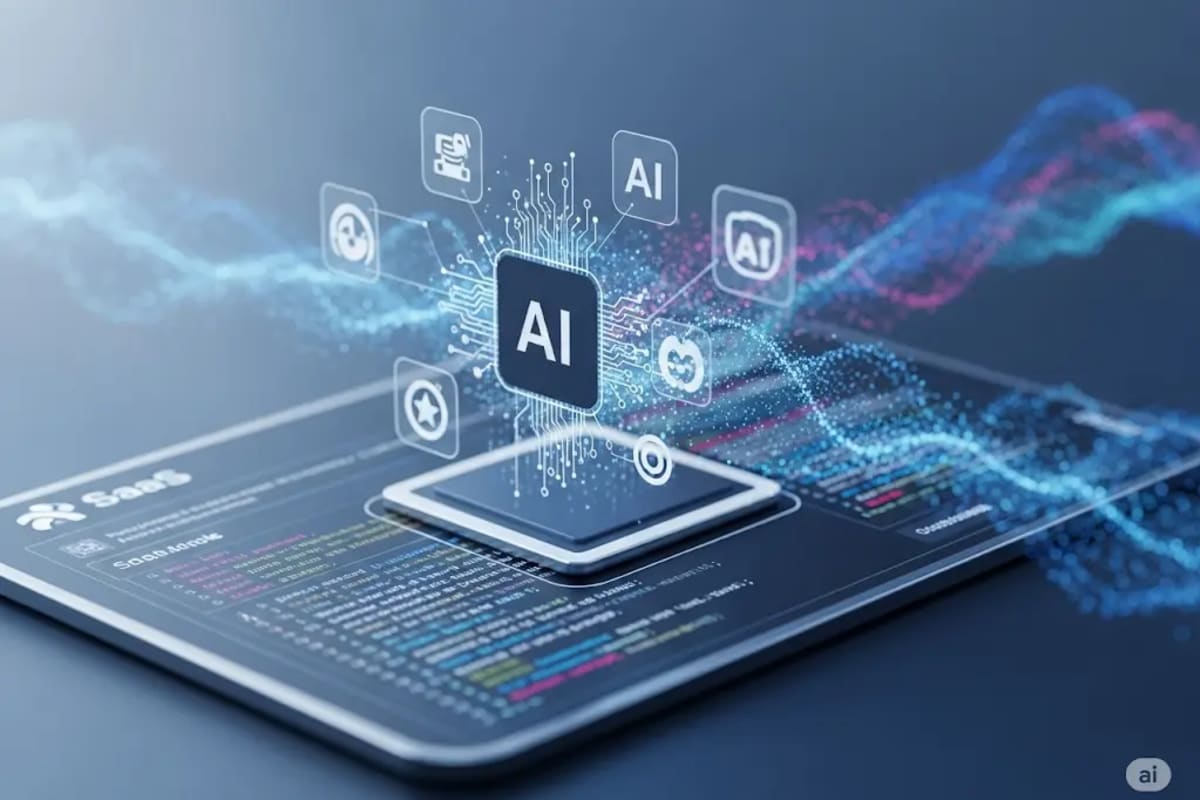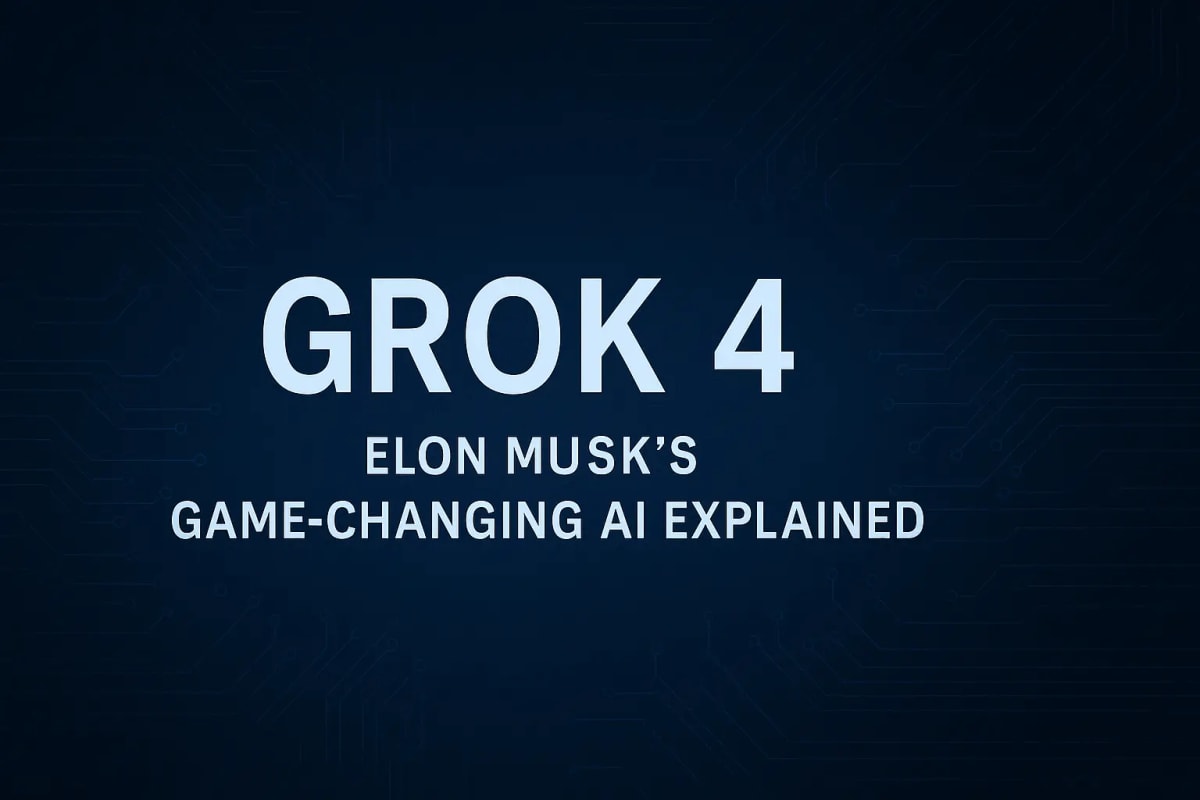
Beyond Automation: 5 Groundbreaking Jobs Only AI Can Truly Do
Explore 5 futuristic jobs only AI can do — from quantum coding to dream design. Discover how machines will shape the future of work.
News and Niche
Welcome to the AI-Powered Frontier of Work
Artificial Intelligence (AI) is rapidly evolving beyond science fiction, reshaping industries, daily routines, and our very concept of work. While much of the discussion revolves around AI automating existing tasks, a more profound transformation is underway: the emergence of entirely new job categories that, by their very nature, are uniquely suited for advanced AI.
You read that right. These aren't just roles where AI assists humans; these are future jobs where AI is the sole "employee," performing tasks that demand computational power, cognitive depth, and data processing capabilities far beyond human capacity. Imagine roles that require navigating trillions of data points per second, optimizing quantum algorithms, or even crafting consciousness itself.
This article delves into five mind-bending AI-only jobs of the future. We’ll explore why these roles are destined for machines equipped with advanced neural networks and quantum logic, and why human intervention will primarily be for oversight, ethical governance, and strategic direction, rather than direct execution.
Let's explore the cutting edge of AI-driven employment.
1. Synthetic Consciousness Architect: Designing Digital Minds
The Frontier of AI Personality and Empathy
Imagine a world where AI systems don't just process data but possess tailored personalities, comprehensive memories, and nuanced emotional intelligence. The Synthetic Consciousness Architect is an advanced AI system designed to craft these intricate artificial personalities for next-generation robots, virtual assistants, and digital companions.
These sophisticated AI minds will be capable of bespoke empathy, dynamic decision-making, logical reasoning, and even original creativity – custom-engineered for specific applications. Whether it's a compassionate caregiving robot for the elderly or a highly attuned virtual therapist, the design of these digital personalities will require granular, real-time adjustments and massive data synthesis.
Why Only Advanced AI Can Do This Job:
The immense complexity of constructing adaptive, digital consciousness surpasses human cognitive limits. Humans simply cannot process the billions of interconnected data points necessary to build synthetic minds across diverse cultural, psychological, and personality frameworks simultaneously. Only AI can:
Simulate and iterate millions of human-like behavioral models in parallel.
Adapt and refine consciousness parameters in real-time based on continuous feedback loops.
Integrate vast datasets of emotional responses with complex neural behavioral patterns to create truly believable and functional digital personalities.
The sheer scale of multi-dimensional, real-time data processing and adaptive learning required for designing a truly dynamic digital consciousness places this role firmly in the domain of advanced AI.
2. Quantum Algorithm Optimizer: Programming the Next Generation of Computing
Unlocking the Power of Quantum Mechanics in Code
Quantum computing promises to revolutionize problem-solving, tackling challenges that even the most powerful classical supercomputers find intractable. However, developing code for quantum machines is fundamentally different from traditional programming. It demands an intuitive understanding of quantum states, entanglement, superposition, and probabilities at an atomic level – concepts profoundly alien to human linear thought.
This is where the Quantum Algorithm Optimizer (QAO) comes in. This AI-powered role will involve autonomously writing, debugging, and, critically, optimizing code for nascent quantum computers. These tasks are often incomprehensible to even expert human quantum programmers without significant AI assistance.
Why Humans Cannot Fully Master This Domain (Alone):
Even today, leading quantum physicists rely on sophisticated machine learning models to simulate and predict quantum logic. This is because quantum code isn't sequential; it exists within a probabilistic "multiverse" of possibilities with constant shifts in state and decoherence challenges. AI will be indispensable here by:
Automatically restructuring and rewriting quantum code to mitigate errors and prevent quantum decoherence.
Executing trillions of simulations to rapidly identify the most efficient and robust quantum algorithms.
Continuously learning and improving through self-modifying neural networks, adapting to new quantum hardware and theoretical breakthroughs.
While human quantum scientists will continue to set the overarching goals and ethical frameworks, the intricate, real-time shaping and optimization of quantum code will be an exclusive domain for specialized AI systems.
3. Global Sentiment Architect: Mapping the World's Real-Time Emotional Pulse
Understanding Mass Psychology at Unprecedented Scale
In our hyper-connected world, the ability to instantaneously grasp and interpret collective human emotion – from local communities to global populations – is an invaluable asset. Whether for managing brand reputation during a crisis, shaping public health campaigns, or even forecasting geopolitical shifts, knowing precisely "how people feel" in real time can dictate outcomes.
The Global Sentiment Architect is an AI-first role that will continuously scan and analyze billions of data points across social media platforms, news articles, public comments, and search queries every second. This AI will then construct a live, dynamic emotional map of populations across all countries, cultures, and languages.
Why This Scale of Analysis is an AI-Exclusive Task:
Human teams simply cannot process information at this velocity, volume, or granularity. The cognitive load and speed required are physically impossible. AI excels here by:
Performing real-time, cross-platform data analysis across all global time zones simultaneously.
Leveraging advanced Natural Language Processing (NLP) models to detect subtle nuances like sarcasm, irony, humor, and deep cultural context within text and speech.
Triggering immediate alerts and actionable recommendations based on emerging sentiment trends or shifts.
From predicting viral social trends to informing critical public policy decisions, this indispensable AI-driven job will become a cornerstone for media, government, and global enterprises, operating purely within the domain of AI.
4. Neural Dream Weaver: Crafting Personalized Virtual Dreamscapes
The Ultimate Frontier of Personalized Reality & Therapy
Yes, this might sound like pure science fiction, but the potential is real: future AIs could literally design and curate your dreams. The Neural Dream Weaver would be an advanced AI system that interprets your brain's electrical signals and emotional patterns via sophisticated wearable EEG devices. Utilizing this deeply personal data, it would then generate personalized dreamscapes, potentially for entertainment, therapeutic applications, or even skill acquisition during sleep.
Imagine consciously choosing to experience a vivid lucid dream where you explore distant galaxies, reconnect with a beloved memory, or safely confront a personal phobia – all rendered and experienced in real-time, precisely orchestrated by AI.
Why Humans Cannot Architect Dreams with Such Precision:
Dreams remain one of the most enigmatic aspects of human consciousness. No human fully comprehends their formation, let alone possesses the ability to design one with precise control over narratives, emotions, or sensory input. AI, however, opens this possibility by:
Reading and interpreting complex brainwave patterns with millisecond accuracy.
Mapping intricate neural triggers to bespoke visual, auditory, and emotional content.
Generating immersive, real-time simulations using advanced generative models (like GANs and diffusion models) tailored to the individual's subconscious.
This groundbreaking technology could revolutionize therapeutic approaches, redefine entertainment, and profoundly impact personal wellness. Yet, the nuanced, instantaneous connection with individual neural signals and the computational rendering of unique, immersive experiences mean only an AI can truly pull off the role of a Neural Dream Weaver.
5. AI Ethics Overseer: Ensuring AI Accountability through AI
The Digital Conscience for an Autonomous Future
As AI systems become increasingly powerful, autonomous, and integrated into critical societal functions – from medical diagnostics and legal judgments to hiring processes and public safety – ensuring their ethical operation becomes paramount. This introduces the paradoxical yet vital role of the AI Ethics Overseer: a specialized AI designed to monitor, audit, and regulate the decisions and behaviors of other AI systems.
This isn't about replacing human ethical committees entirely, but rather providing a critical layer of oversight that operates at the unprecedented speed, scale, and complexity inherent in advanced AI systems themselves.
Why Only AI Can Perform This Level of Ethical Scrutiny:
Modern AI models, particularly deep neural networks, are often described as "black boxes." Even their human creators can struggle to fully explain every decision-making pathway. Human regulators simply cannot keep pace with the sheer volume of decisions, the intricate interdependencies, or the opaque nature of these highly sophisticated systems. An AI Ethics Overseer, by contrast, can:
Continuously audit algorithmic decisions for embedded biases, discriminatory patterns, or unintended consequences across massive datasets.
Compare millions of real-world AI outcomes against predefined ethical standards and fairness metrics, identifying deviations instantly.
Provide immediate corrective actions, including automatically adjusting algorithmic parameters or flagging systems for human review, thus creating a real-time "digital check and balance."
This AI-to-AI oversight is not about removing humans from the ethical loop, but rather empowering us with a tool that can ensure our digital future is governed by robust, continuous, and computationally intensive ethical enforcement.
Embracing the AI-First Paradigm
The narrative around AI often centers on job displacement. However, as we peer into the near and distant future, a more nuanced and exciting reality emerges: AI isn't just taking jobs; it's creating entirely new categories of work that only it can possibly manage.
The roles of Synthetic Consciousness Architect, Quantum Algorithm Optimizer, Global Sentiment Architect, Neural Dream Weaver, and AI Ethics Overseer are not mere science fiction. They represent logical extensions of current AI research and technological trajectories. In each case, the scale, speed, precision, and cognitive requirements fundamentally exceed human capabilities.
As humanity steps further into an era where machines develop skills at an accelerating pace, the conversation must evolve. It's no longer just "Will AI replace humans?" but rather, "What unique human strengths should we cultivate, and what complex, data-intensive, or 'inhuman' tasks should we intelligently delegate to AI?"
By understanding and proactively embracing these AI-exclusive job roles, we can strategically prepare for a future where humans and machines don't merely coexist, but collaborate in an unprecedented synergy – each excelling at what they are uniquely designed to do. The future of work is not just automated; it's AI-orchestrated.
Related Articles

Launch Your Dream SaaS in 2025: 5 AI-Powered Ideas
Launch a SaaS in 2025 using only AI—no coding needed. Explore 5 smart, scalable ideas you can build fast.

Grok 4: The Dawn of a New AI Era
Grok 4 is Elon Musk’s latest AI powerhouse, launched in July 2025 by xAI. Smarter, faster, and deeply integrated with real-time data, it’s reshaping how we think about artificial intelligence—from coding and research to voice interaction and beyond.